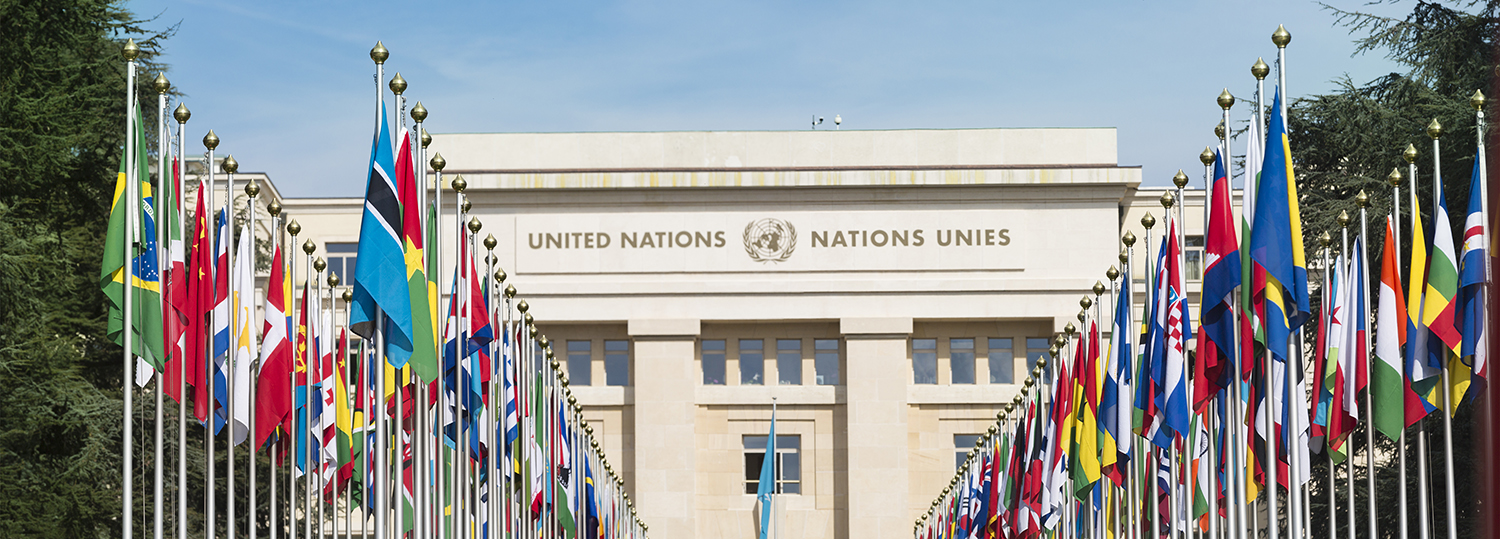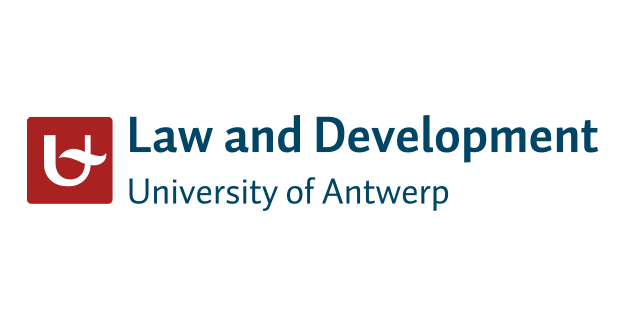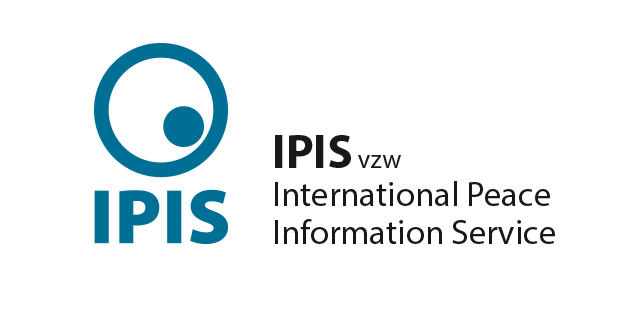2 Human Rights Guidelines for Organisations
Where can I find these guidelines?

This page contains two types of sources. Firstly, sources explicitly mentioned on the previous pages (“what?”, “why?” and “how?”), with their corresponding hyperlinks for further consultation, are arranged by the institution that released. Secondly, there is a bibliography of sources consulted to draft the tool, which can be useful for further inquiry about the topic.
- Soft law from the state: Federal and regional levels
-
National Action Plan for Business and human rights (2017)
Responsabilité sociale des entreprises-Wallonie
Resposibilite social Bruxelles capital
Brochure published by the Federal Institute for Sustainable Development (FIDO/IFDD) (2017).
- United Nations
-
- General Comments
-
UN Committee on the Rights of the Child General Comment 16/2013 on State obligations regarding the impact of the business sector on children’s rights CRC/C/GC/16
UN Committee on Economic, Social and Cultural Rights General comment 24/2017 on State obligations under the International Covenant on Economic, Social and Cultural Rights in the context of business activities E/C.12/GC/24 - General Guidelines
-
Guiding Principles on Business and Human Rights Implementing the United Nations “Protect, Respect and Remedy” Framework, (2011) Resolution 17/4/2011
UN OHCHC (2012): The Corporate Responsibility to Respect Human Rights: An Interpretive Guide. HR/PUB/12/02
Guiding Principles on Human Rights Impact Assessments of Trade and Investment Agreements, (2011) (A/HRC/19/59/Add.5).
The UNGP for Responsible Contracts for State-Investor Contracts (2015) UN A/HRC/17/31/Add.3 - UN Protection of Minorities
-
The United Nations Declaration on the Rights of Indigenous Peoples UN Resolution 1/2 of 29/6/ 2006,1
The Declaration on the Rights of Persons Belonging to National or Ethnic, Religious and Linguistic Minorities General Assembly resolution 47/135 of 18/12/1992 - UN Global Compact
-
UN Global Compact’s Ten Principles (1999)
The Principles for Responsible Investment (PRI) initiative
Guide to Human Rights Impact Assessment and Management
Guide to Develop a Human Rights Policy (2015)
PRI and UN Global Compact: Guidance on Responsible Business in Conflict-Affected and High-Risk Areas (2010)
Shift, Oxfam and Global Compact Network Netherlands, “Doing Business with Respect for Human Rights: A Guidance Tool for Companies” 2016 And online version
Guide To Corporate Sustainability Shaping a Sustainable Future(2014)
- UNICEF
-
Children’s Rights and Business Principles (UNICEF, UN Global Compact, Save the Children).
- UNCTAD
-
UNCTAD The Set of Multilaterally Agreed Equitable Principles and Rules for the Control of Restrictive Business Practices (A/RES/35/63 5); UN Doc TD/RBP/CONF/10/Rev.1 (1981).
- International Labour Organisation (ILO)
-
The Tripartite Declaration of Principles concerning Multinational Enterprises and Social Policy (MNE Declaration (1977, 2017)
The ILO Declaration of Fundamental Principles and Rights at Work (1998)
The Declaration on Social Justice for a Fair Globalization (2008)
The Global Job Pact (2009)
- Environmental/Sustainable development issues
-
The Rio Declaration on Environment and Development (1992)
Agenda 21 - Global Programme of Action on Sustainable Development (1992)
Declaration of the United Nations Conference on the Human Environment (1972)
The Bejjing Declaration and Platform of Action (1995)
UN Millennium Declaration (2000)
Sustainable Development Goals (SDGs)
Rio + 20 Conference "The Future We Want" (2012)
A/RES/70/1 - Transforming our world: the 2030 Agenda for Sustainable Development (2015)
The Framework principles on human rights and the environment (2018): Special Rapporteur on the issue of human rights obligations relating to the enjoyment of a safe, clean, healthy and sustainable environment.
- The World Bank Group/ International Financial Corporation (IFC)
- International Committee of the Red Cross
-
Guidance on the rights and obligations of business enterprises under international humanitarian law (2006)
Toolkit for Addressing Security and Human Rights Challenges in Complex Environments ( 2014)
-
Organisation for Economic Co-operation and Development (OECD)
-
OECD Declaration and Decisions on International Investment and Multinational Enterprises (1976)
- Council of Europe (CoE)
-
CoE/Greta (2016) Compendium of good practices on the implementation of the Convention on Action against Trafficking in Human Beings.
- European Union (EU)
-
Tips and Tricks for Advisors Corporate Social Responsibility for Small and Medium-Sized Enterprises (2013)
My business and human rights (2015)
The "EU anti-trafficking action 2012-2016” :
The Guidelines for the identification of victims of trafficking in human beings
The EU rights of victims of trafficking in human beings
Series of Information sheets and fact sheets on the Environment policy areas
The Multi-Annual Work Programme (MAWP) 2017 – 2020 'Making the Environmental Liability Directive more fit for purpose'
- Non-state guidelines
-
Amnesty International’s Human Rights principles for companies
How to use the UN Guiding Principles on Business and Human Rights in company research and advocacy
The Corporate Responsibility Instruments
Engaging the private sector to end human trafficking: a new resource guide for NGOs.
The Oxfam perspective on the UN Guiding Principles
“Doing Business with Respect for Human Rights: A Guidance Tool for Companies” www.businessrespecthumanrights.org
The International Trade Union Confederation, Industrial Global Union, UNI Global Union and the Clean Clothes Campaign: “The UN Guiding Principles on Business and Human Rights" and the human right of workers to form or join trade unions and to bargain collectively”.
International Bar Association on Business and Human Rights Guidelines 2016
- References
-
- Addo, M. K. (2014). The reality of the United Nations guiding principles on business and human rights. Human Rights Law Review, 14(1), 133-147.
- Boyd, D. R. (2012). The constitutional right to a healthy environment. Environment: Science and Policy for Sustainable Development, 54(4), 3-15.
- Braithwaite J. (2011) “The essence of Responsive Regulation” UBC Law Review 44 Heinonline P 475-520.
- Chinkin, C. M. (1989). The challenge of soft law: development and change in international law. International & Comparative Law Quarterly, 38(4), 850-866.
- Commission on Transnational Corporations, Report on the Special Session (7-18 March and 9-21 May 1983). Official Records of the Economic and Social Council, 1983, Supplement No. 7 (E/1983/17/Rev. 1), Annex II. And United Nations Centre on Transnational Corporations (1986). The United Nations Code of Conduct on Transnational Corporations, Current Studies, Series A (New York: United Nations) United Nations publication sales No. E.86.II.A.15, (ST/CTC/SER.A/4), Annex I, pp.28-45
- Crawford, A. (2006). Networked governance and the post-regulatory state? Steering, rowing and anchoring the provision of policing and security. Theoretical criminology, 10(4), 449-479.
- De Schutter, O., Ramasastry, A., Taylor, M. B., & Thompson, R. C. (2012). Human Rights Due Diligence: The Role of States. Human Rights in Business. http://humanrightsinbusiness. eu/wp-content/uploads/2015/05/De-Schutter-et-al.-Human-Rights-Due-Diligence-The-Role-of-States. pdf.
- Fenwick, M., Van Uytsel, S., & Wrbka, S. (Eds.). (2014). Networked governance, transnational business and the law. Heidelberg: Springer.
- Guzman, A. T., & Meyer, T. L. (2010). International soft law. Journal of Legal Analysis, 2(1), 171-225.
- Kirton, J. J., & Trebilcock, M. J. (2017). Hard choices, soft law: Voluntary standards in global trade, environment and social governance. Routledge.
- Lizarazo Rodriguez, L. (2017). UNGP on business and human rights in Belgium: state-based judicial mechanisms and state-based nonjudicial grievance mechanisms, with special emphasis on the barriers to access to remedy measures.
- Nolan, J. (2013). The Corporate Responsibility to Respect Rights: Soft Law or Not Law?
- Ruggie, J. G. (2007). Business and human rights: the evolving international agenda. American Journal of International Law, 101(4), 819-840.
- Sauvant, K. P. (2015). The negotiations of the United Nations code of conduct on transnational corporations: experience and lessons learned. The Journal of World Investment & Trade, 16(1), 11-87.
- Shaffer, G., & Pollack, M. A. (2012). Hard and soft law: what have we learned?
- Teubner, G. (2011). Self-Constitutionalizing TNCs? On the Linkage of “Private” and “Public” Corporate Codes of Conduct. Indiana Journal of Global Legal Studies, 18(2), 617-638.
- Weissbrodt, D., & Kruger, M. (2003). Norms on the responsibilities of transnational corporations and other business enterprises with regard to human rights. American journal of international law, 97(4), 901-922.




